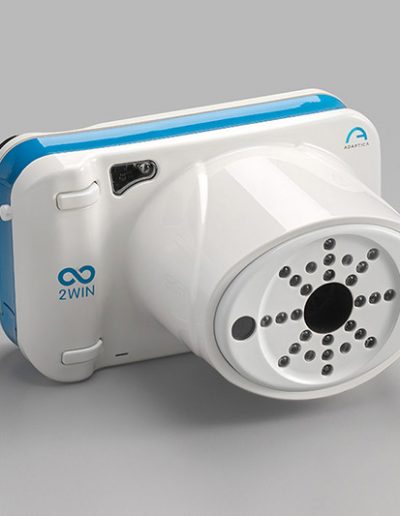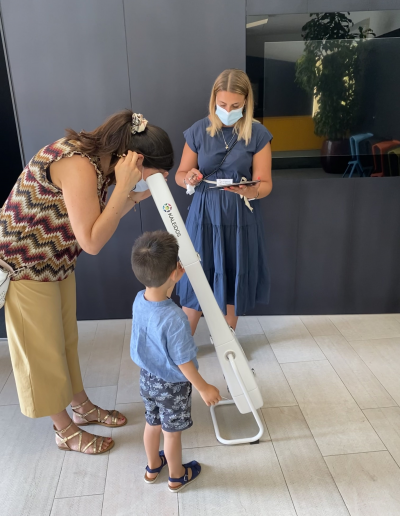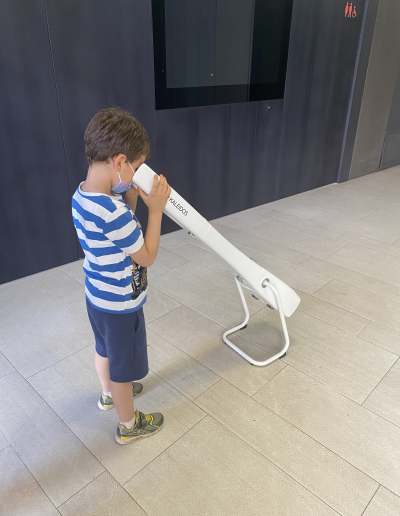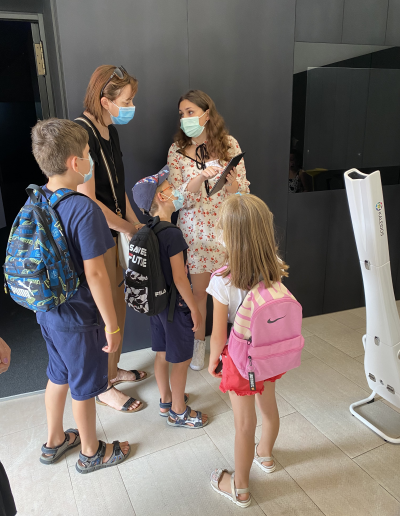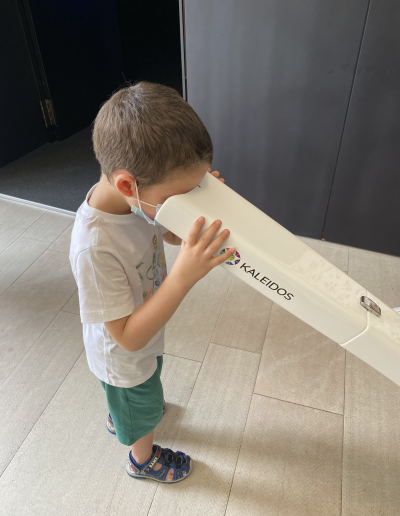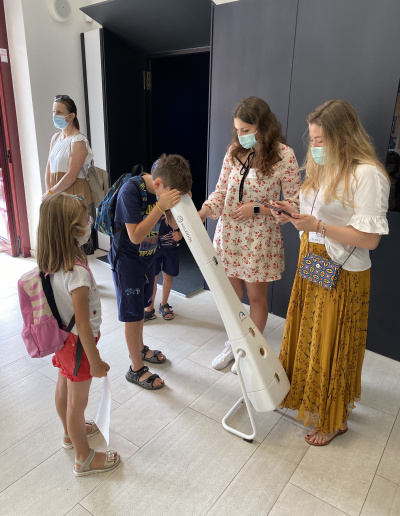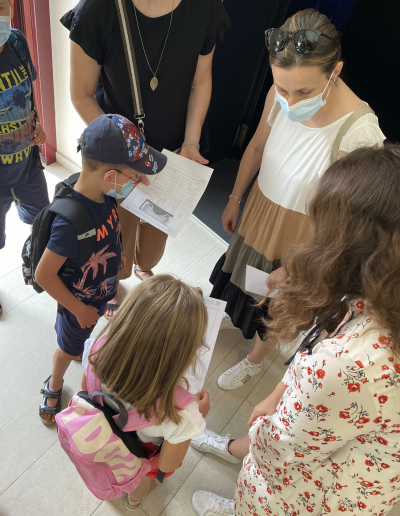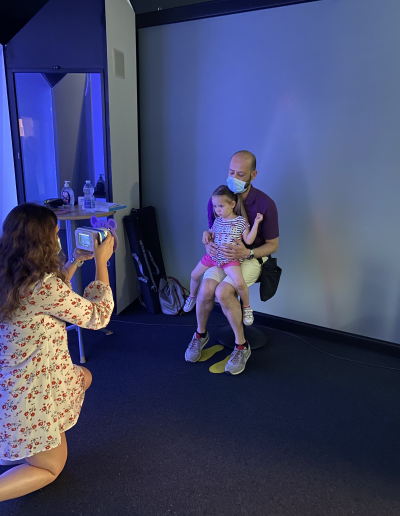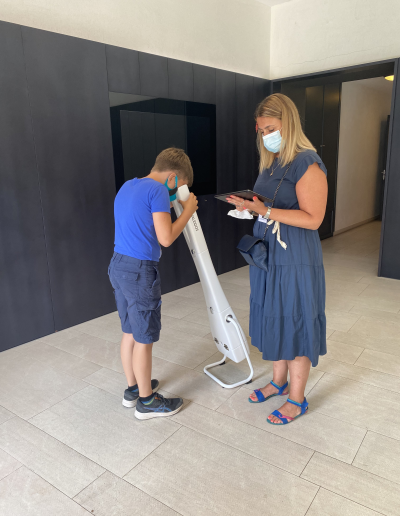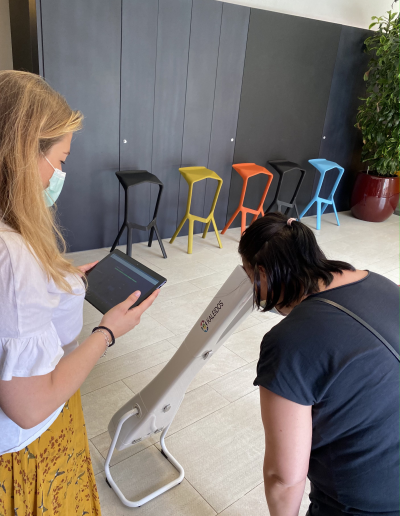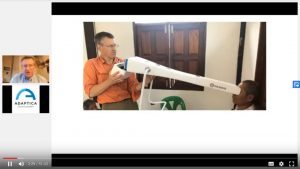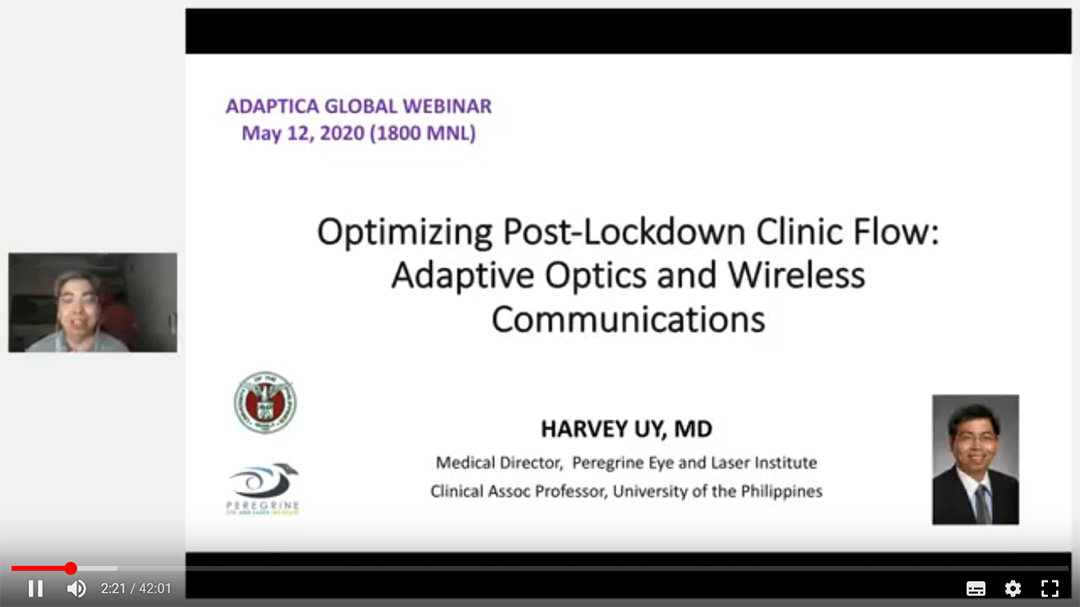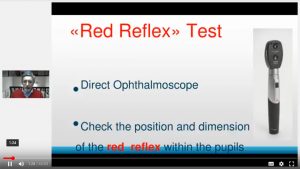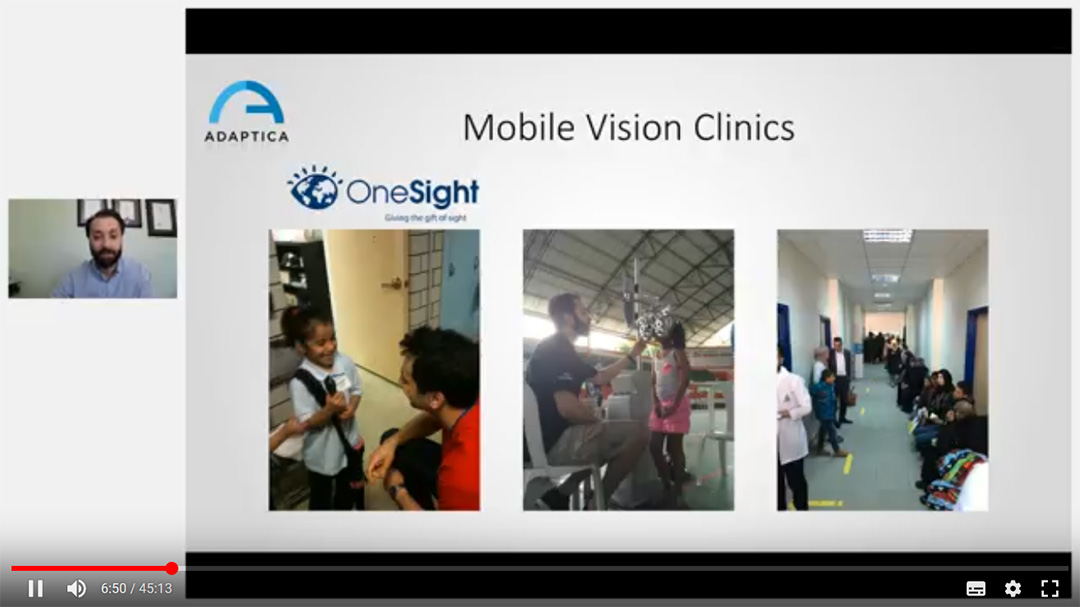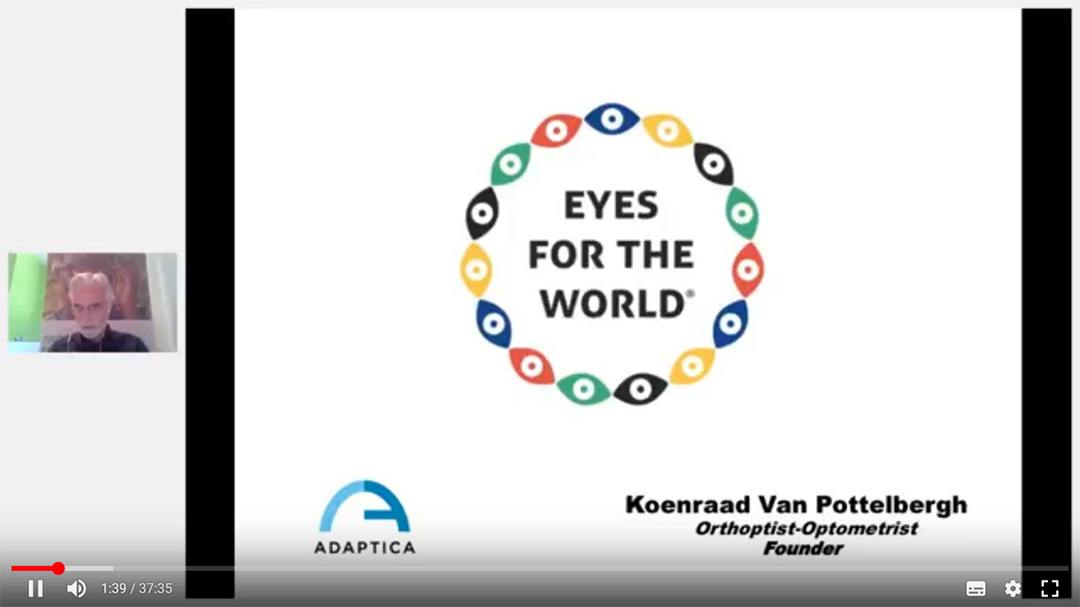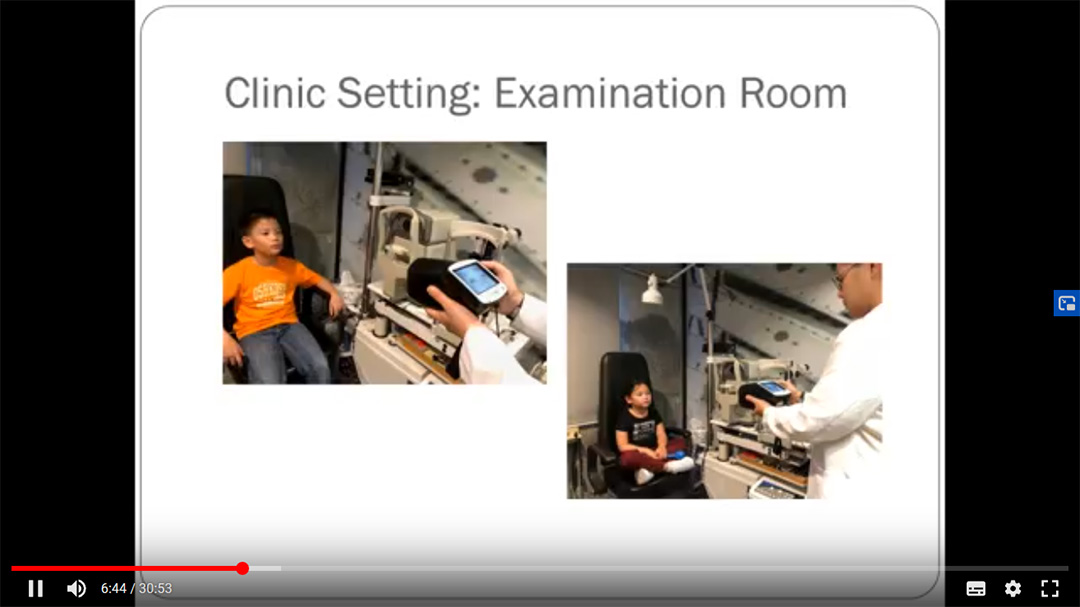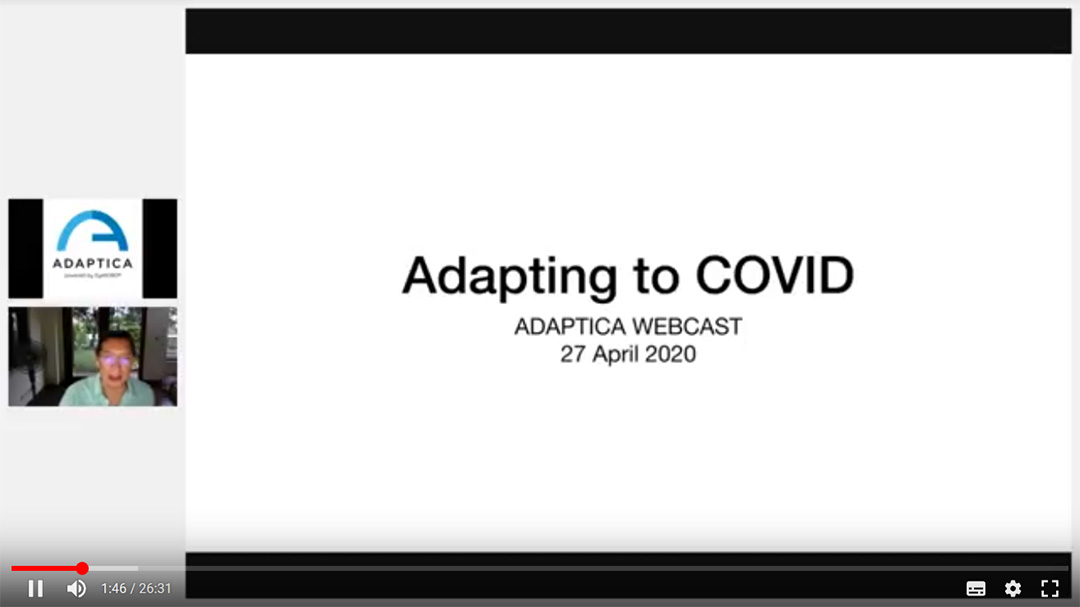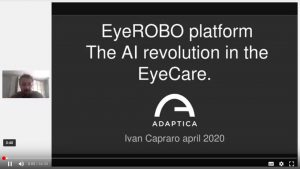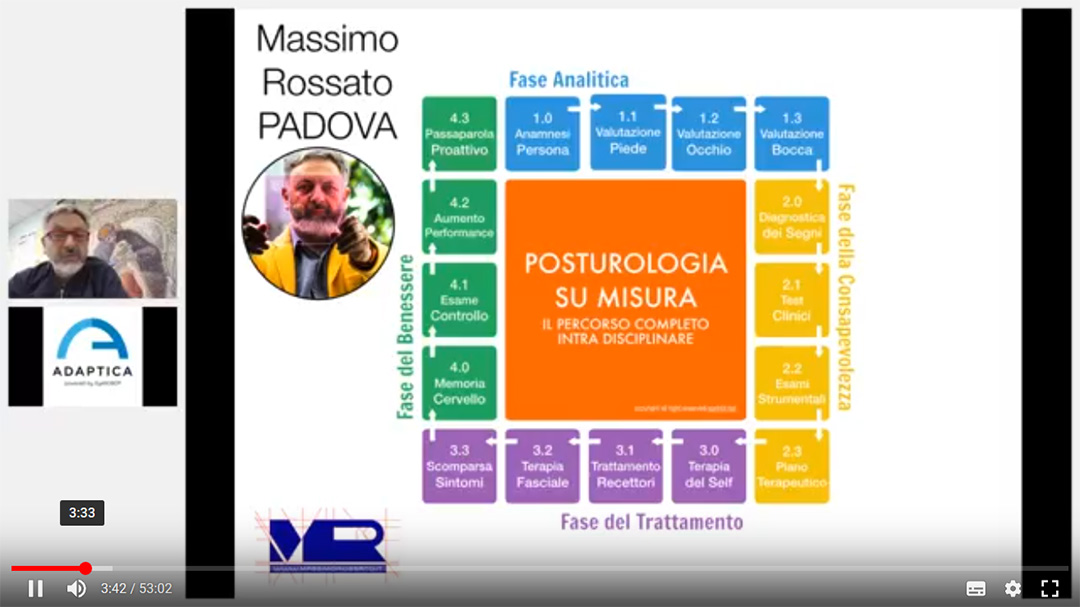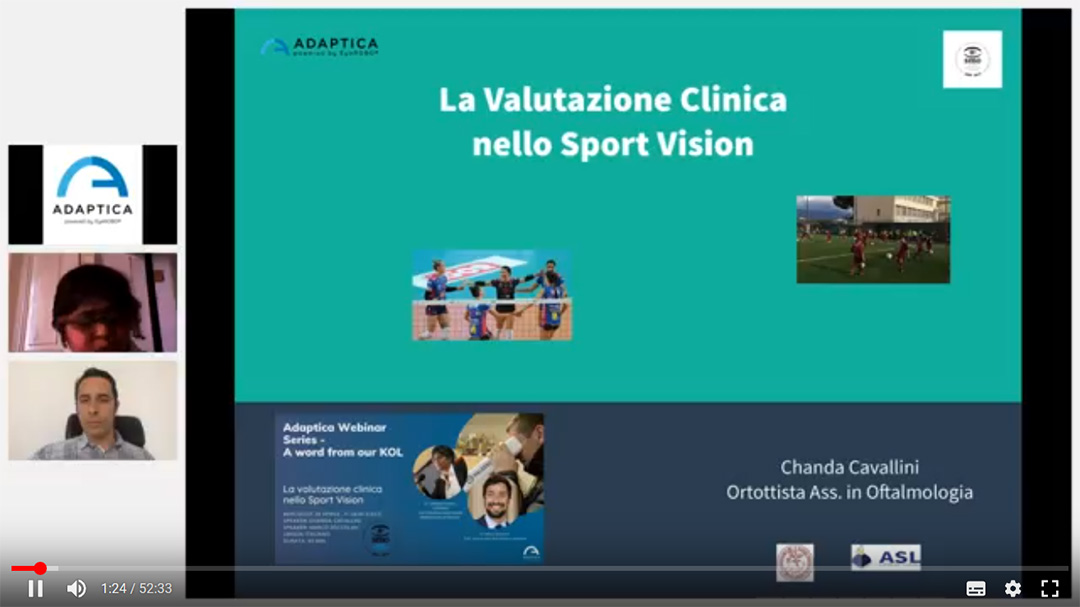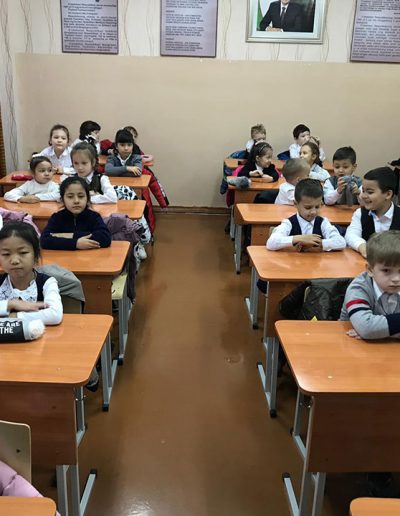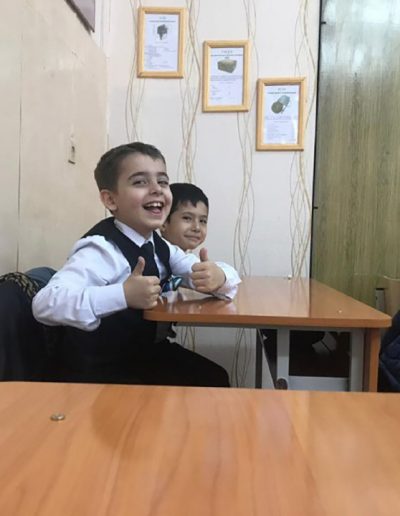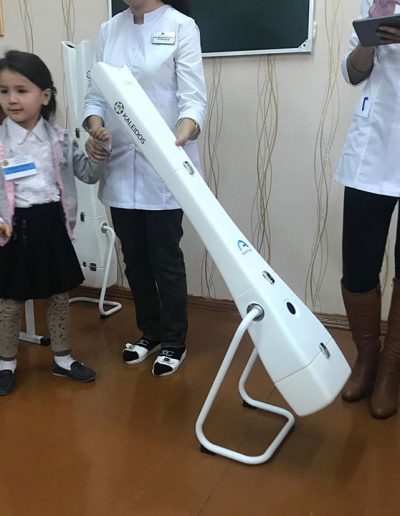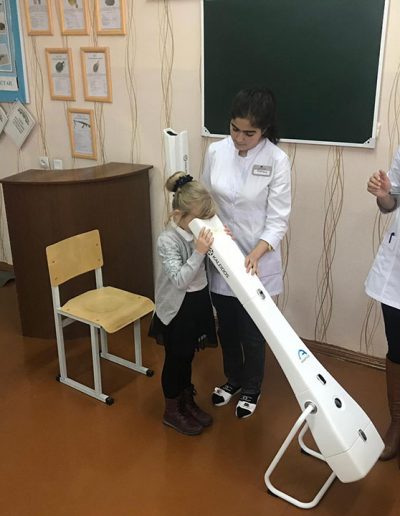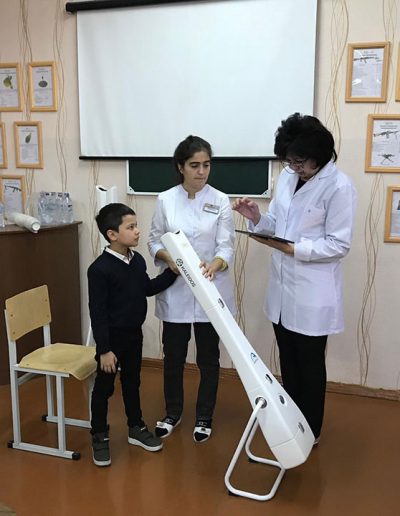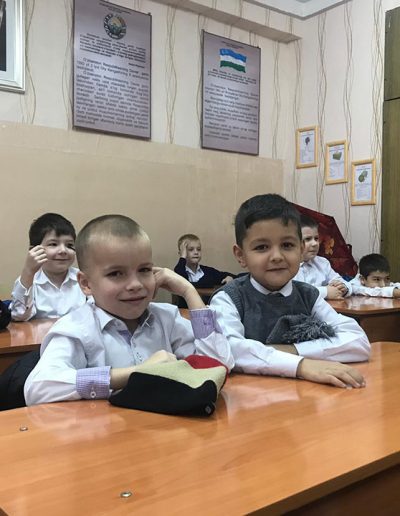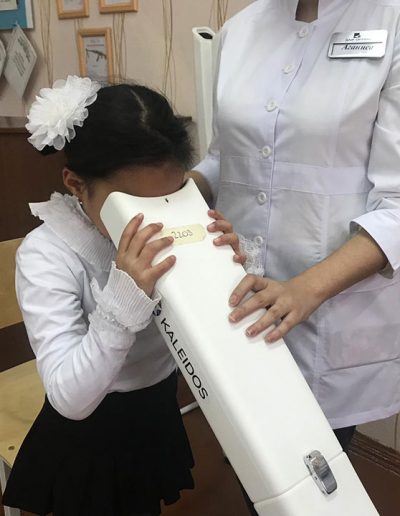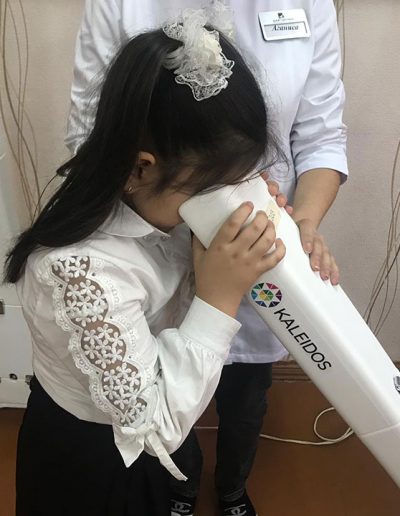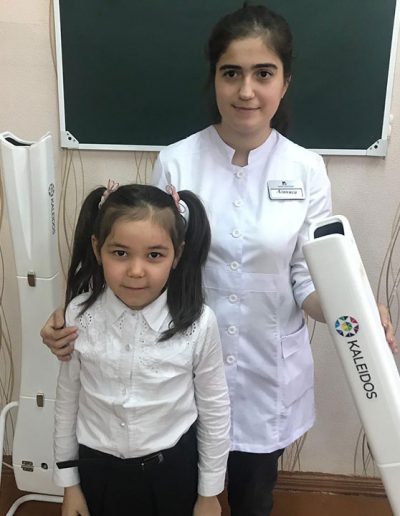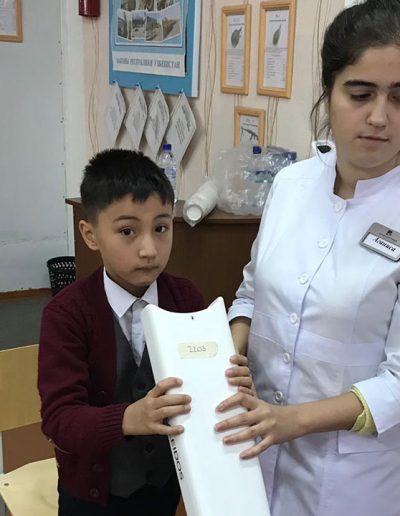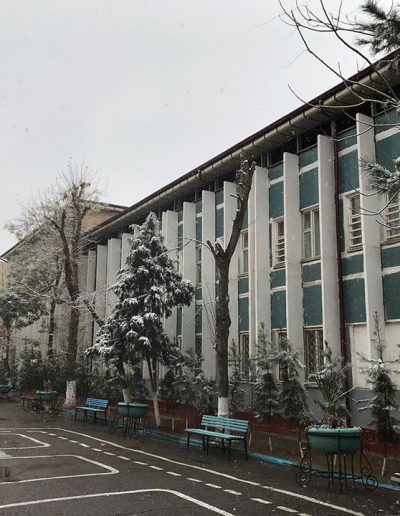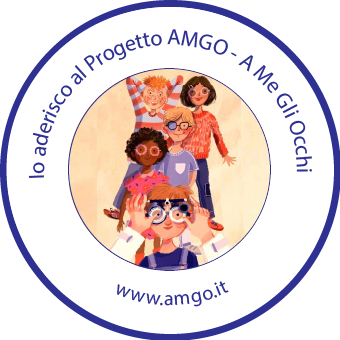

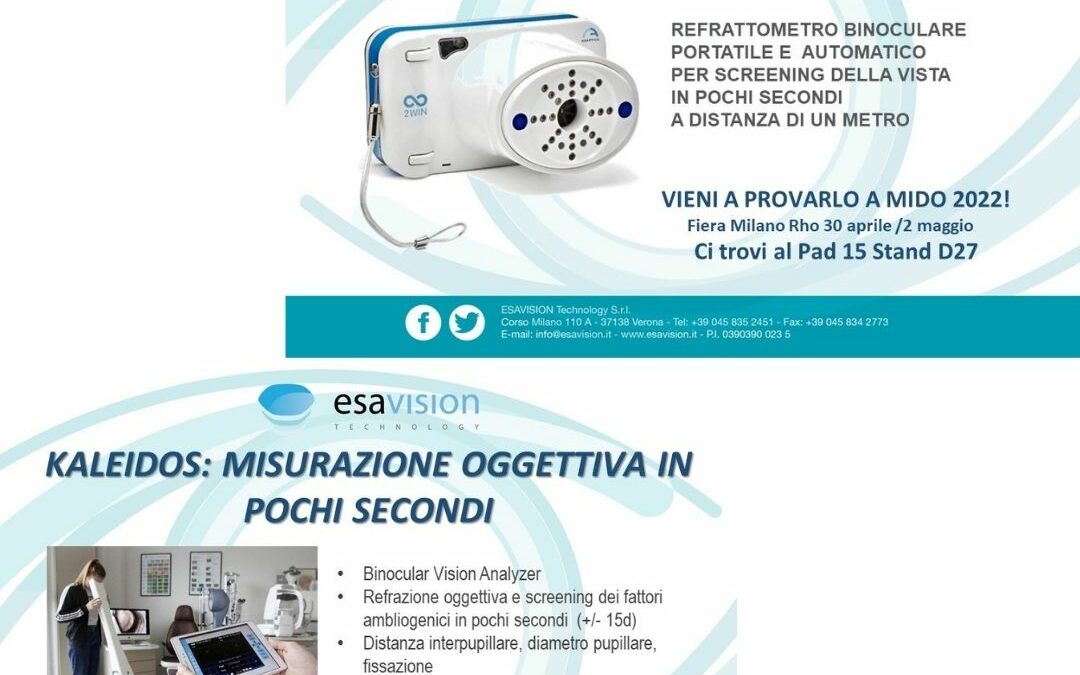
Our Product Goes to Mido 2022
Our Product Goes to Mido 2022
We are proud to say that our 2WIN and KALEIDOS are going to be exposed at this year’s Mido Exhibition at Esavision Technology stand, our exclusive italian distributor for opticians!
Mido is the greatest international event dedicated to eyewear that is going to take place in Rho, Milan from April 30th until May 2nd.
Go and check them out at PAD. 15 STAND 27.
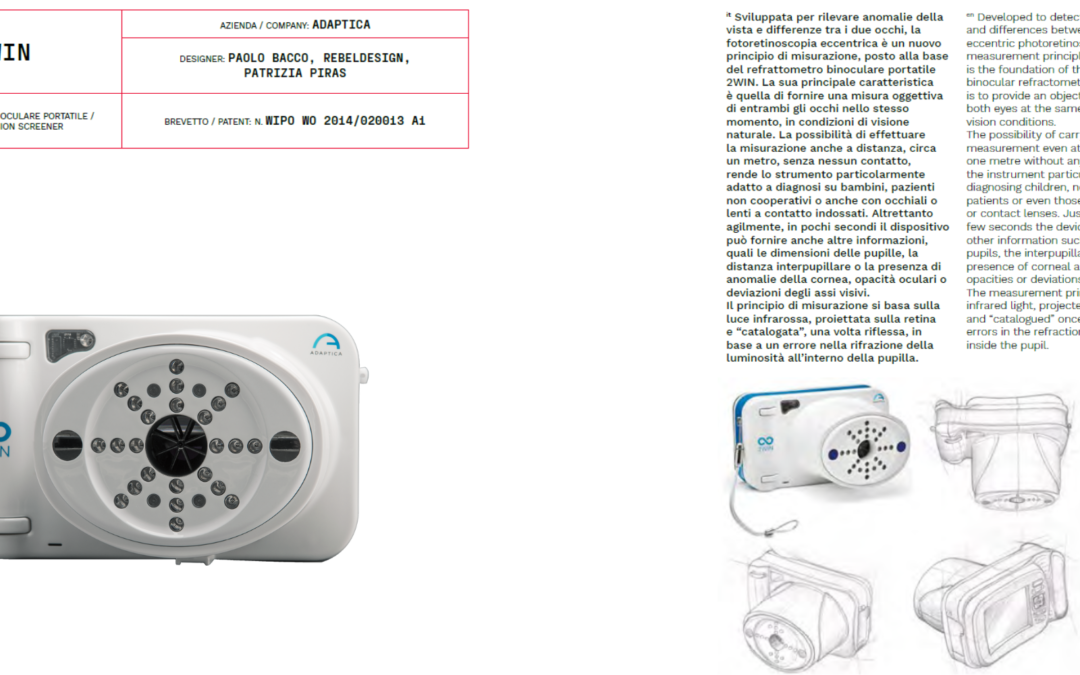
2WIN @ Expo Dubai 2021 with ADI Design
2WIN @ Expo Dubai 2021 with ADI Design

We are honoured to have been included in the Italia Geniale catalogue compiled by ADI Design to represent Italian excellence at Expo Dubai.
Our iconic 2WIN, which had already received an award from ADI Design in 2013, receives further recognition. It has been chosen as one of the 100 most representative products of 60 years of Italian design and Adaptica couldn’t be prouder.
At the Italian Pavilion at Expo Dubai, on the occasion of the Dubai Design Week, the exhibition ITALIA GENIALE opened: Design enables Beauty, Originality, Creativity of Universally Appreciated Industrial Design. An exhibition organised by ADI and ADI Design Museum for the Ministry of Economic Development, the Ministry of Foreign Affairs and International Cooperation and the General Commissariat for Expo 2020 Dubai, in collaboration with UIBM Ufficio Italiano Brevetti e Marchi, Unioncamere and ITA/ICE Italian Trade Agency.
On display are images, materials and artefacts of Italian design that speak of imagination, work, wellbeing, relationships between people and health. The exhibition starts from the valorisation of Italy’s heritage of trademarks and patents, touching on history, material culture and technical culture, to intertwine with the history of design.
Adaptica with its 2WIN was selected to appear in the catalogue that was presented last week at Expo Dubai in the Live-able section.
One further motif of pride for Adaptica and its vision screener with the best design in the entire market. We are really honoured to represent Italian’s excellence and be listed with so many inspirational and iconic products and brands.
Also, one of our suppliers is present in the catalogue, synonyms of the great work our suppliers do and the efforts we put to choose the best Italian partners to produce our devices.
A special thanks to Paolo Bacco the designer of our product and founder of RebelDesign.
You can find the whole catalogue of selected companies and products here (Adaptica can be found on pages 218-219):
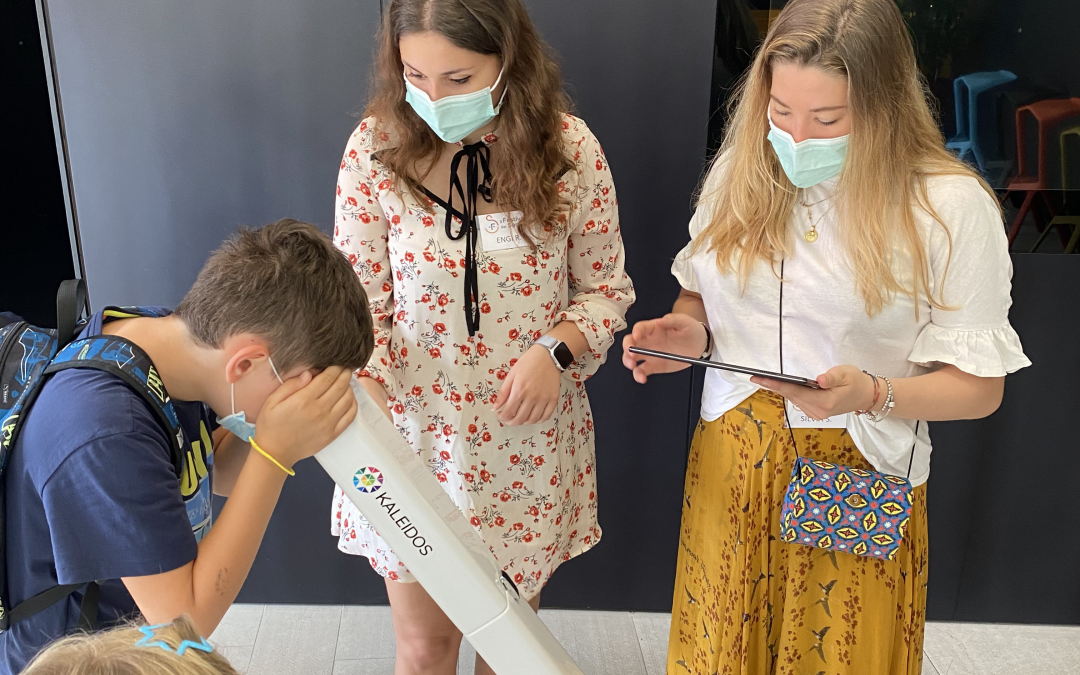
Screenings Campaign 2021. Festival Del Sorriso Padova
Screenings Campaign 2021. Festival Del Sorriso Padova
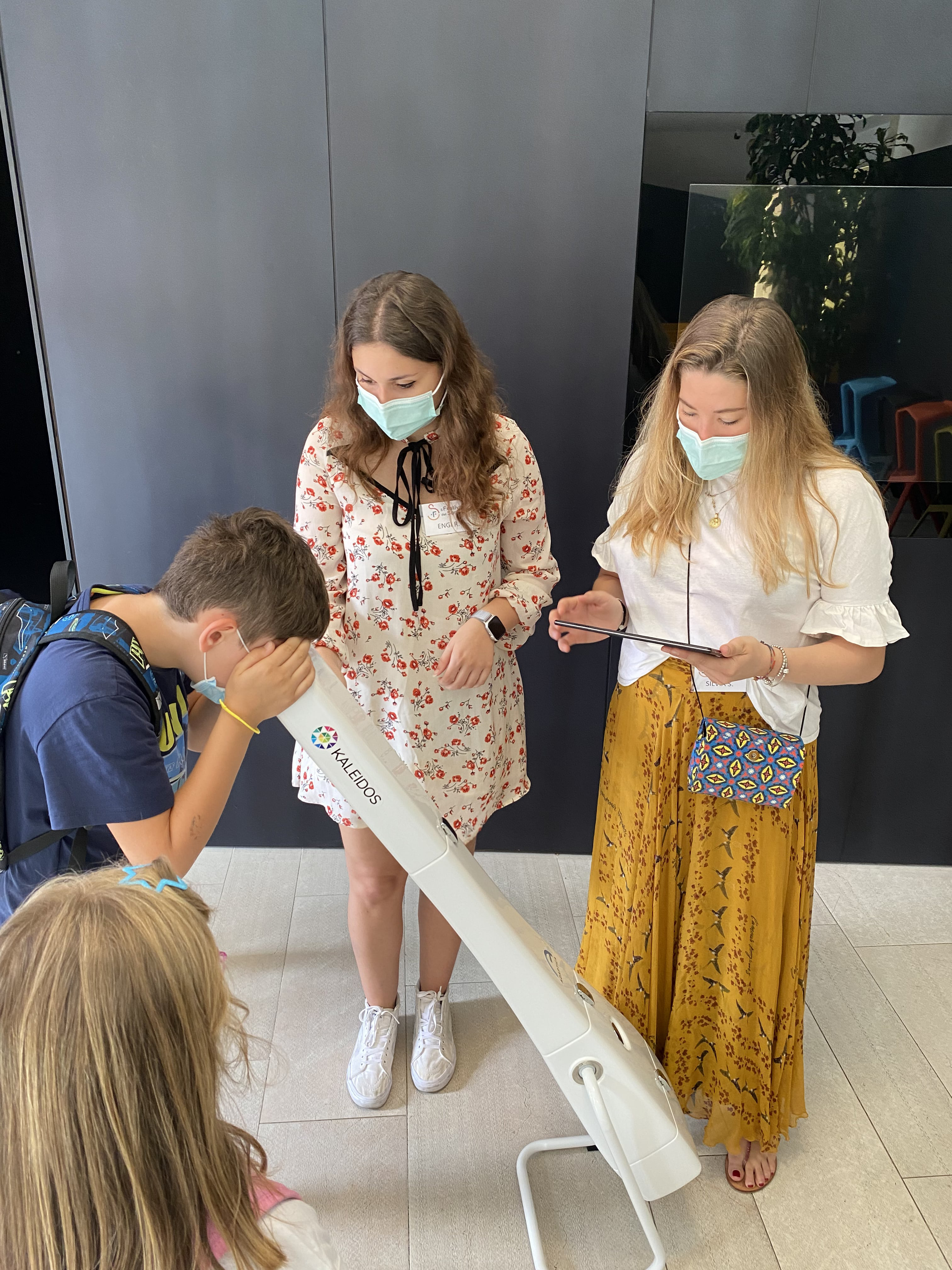
On Sunday the 27 th of June 2021, we participated at the event “Happy Kids – Festival del Sorriso” at MUSME, Padova. We screened more than 300 people among kids and adults. 20% of the kids had sight problems (mostly myopia and astigmatism) and their parents ignored that. For this reason, the event was a great chance for Adaptica to raise awareness about how important our sight is and how important prevention and annual check-ups are. It is fundamental for the kids to have their eyes checked at 6 months, at 3 years old, before starting school and after that, once a year. As well as for kids, it is also important for adults to do annual visits to prevent eye diseases and sight problems.
Early detection and timely treatment for eye conditions is extremely important and specially, if treated in time, cost-effective. Vision screenings and eye exams can help detect eye diseases while they are still treatable, ultimately stopping or avoiding vision loss.
We want to remember that, according to IAPB (International agency for the Prevention of Blindness) 90% of vision loss is preventable.
Screenings and annual check-ups are fundamental to preserve our sight.
Thank you Happy Kids – Il Festival del Sorriso for this great opportunity! See you next year!
Here are some pictures from the event.

Webinar collection March-April 2020
Webinar collection March-April 2020

This 2020 tested us, but it has brought up the big desire for cooperation and integration between our company and our partners.
As previously written, the experience of the webinars held during the lockdown period was for us all inspiring and enriching at the same time.
We continue to receive positive feedback, active participation in discussions and various suggestions from: doctors, partners, customers and distributors.
Our newsletters dedicated to the replies of the webinars showed the validity of the contents and the appreciation from the public that follows us with such enthusiasm. Precisely for this reason, we created this collection of all the webinars held between March-April 2020.
As Sales & Marketing Manager Davide Maddalozzo said: “Nothing will ever be as before, let’s try together to make something better than before.”
Here below you find all the links to the webinars, otherwise check out our YouTube channel.
Adaptica For Alaska Blind Child Discovery Charitable
Speaker: Dr. Robert Arnold
Language: English
Duration: 52 min
Optimizing post lockdown clinic flow using Adaptica's adaptive optics and wireless communications
Language: English
Duration: 42 min
From Red Reflex to Videorefraction
Speaker: Mario Angi
Language: English
Duration: 44 min
Advanced Refractive Technologies: from Mobile Vision Clinic to Daily Practice
Language: English
Duration: 45 min
Adaptica for Eyes For the World Charitable
Language: English
Duration: 37 min
Machine Based Vision Screening: How Photo Screeners have helped my practice
Language: English
Duration: 31 min
The Powerful Role of Adaptica equipments in the post Covid-19 and why it will be more important than ever
Language: English
Duration: 26 min
EyeROBO: The Revolution in the Eye Care System
Speaker: Dr. Ivan Capraro
Language: English
Duration: 46 min
Solo per vedere? Esiste un universo illimitato dietro gli occhi. E la posturologia è la chiave
Speaker: Massimo Rossato
Language: Italian
Duration: 53 min
La valutazione Clinica nello Sport Vision
Speaker: Dr. Chanda Cavallini
Language: Italian
Duration: 53 min
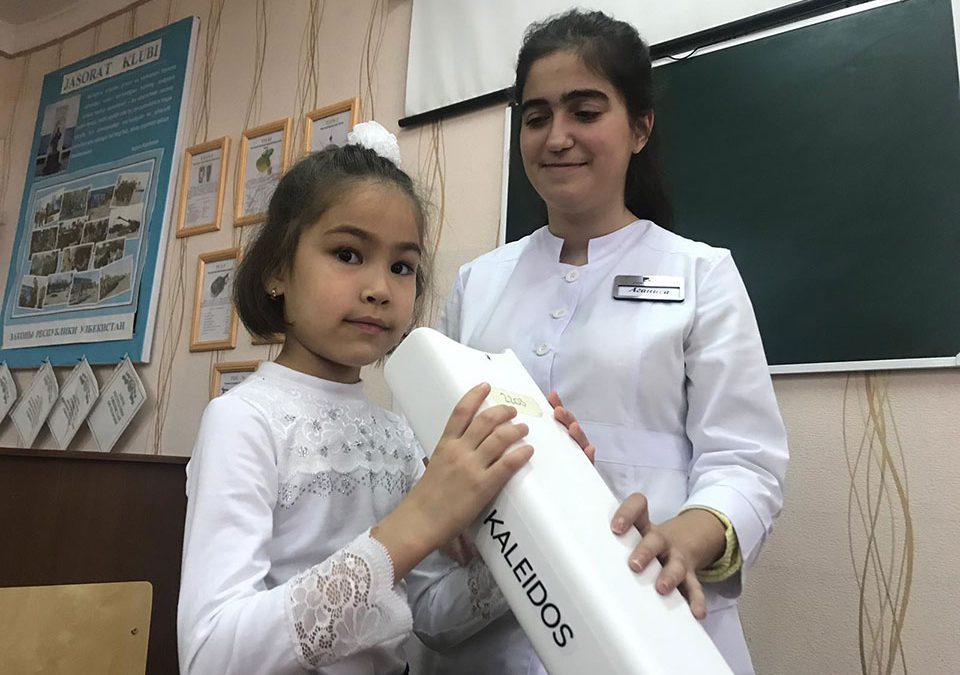
A new technology to prevent visual impairments in schoolar age kids in Uzbekistan
A new technology to prevent visual impairments in schoolar age kids in Uzbekistan
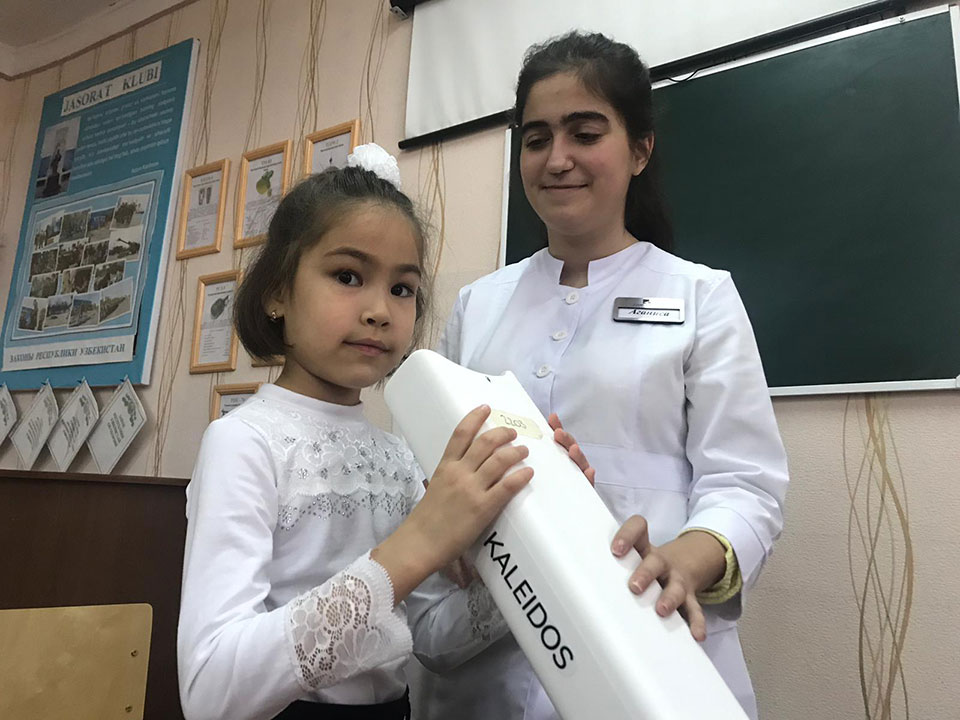
November 2019 – current – As a first appointment of a city’s visual impairment’ prevention program in Tashkent, Uzbekistan, last 20th November Saif Optima, a leading eye-care clinic in Tashkent, and its doctors conducted for the first time the screening of 241 kids (from 6 to 8 years old) at School 166. The screening was performed in 3 hours directly inside the school facilities, by using the mobile and portable binocular videorefractometer called KALEIDOS.
Ophthalmologists in Uzbekistan are aware of the importance of an early scholar age screening to detect visual impairments, refractive errors and amblyogenic factors. Since November, Dr. Gulchekhra Nazarova and her colleagues from Saif Optima have screened over 700 young children in 3 different outreach school projects (kids between 6 and 15 years old) in Tashkent and referred an average of 48 percent for additional eye examinations (refractions deviations). Of the identified deviations, more than 60% were children with a newly diagnosed pathology with a low level of deviation of refraction.
These screening are the result of a partnership between Saif Optima and the local institutions in Tashkent, the capital of Uzbekistan with over 2.4 million people and around 100.000 scholar age students. The project aimed at increasing the quality and availability of education services for students with visual impairments and to make families and parents aware of the importance of an eye screening in early age. One of the main objectives of the partnership is the detection and prevention of eye diseases at an early stage. In addition to outreach school projects, Saif Optima has implemented its services by providing an entry-level eye screening for all the patients and not (kids, adults and elderly) who enter the clinic. That, just few days after the implementation, has allowed the screening of around 50 adults, 38% of whom have been referred for additional testing. This had been possible by placing one KALEIDOS unit at the entrance of the clinic, and by offering a 3″ automatic eye check, with possibility to receive a complete binocular objective refraction, in combination with an amblyogenic factors screening, with no age or phenotype limitation.
“For the first time in Uzbekistan, we used a 2WIN binocular portable refractometer in Kaleidos configuration. The device is convenient and easy to use. It became possible to determine refractive deviations in a large number of subjects in a short period of time outside a specialized clinic. It became possible to examine young children, what was previously difficult. Using the device allows us to avoid medical expansion of the pupils. Also, the practice of our clinic showed that 2WIN gives a more accurate picture when determining astigmatism, which coincides with the keratometric data of the topographer in comparison with autorefractometers” says Dr. Nazarova. During 2020 the project is to continue with regular school screenings and to stably implement KALEIDOS into procedures of both Saif Optima’s owned clinics, by also introducing the new anterior segment screening function and by becoming the first cloud-based screening clinic in Uzbekistan.
These targets and projects have been temporarily stopped, due to the Uzbekistan national lock-down. The responsible of the project, Mr Vyacheslav Mokretsov, is confident that the KALEIDOS technology will ease the restart of the project “The system is portable, automatic and it guarantees the complete functionality also at more than 1m safety distance (patient-operator distance Ed.). The technology will allow us to continue both the outreach programs and the internal screenings in safety conditions, for the patients and for our operators when the lock-down will be over”.


